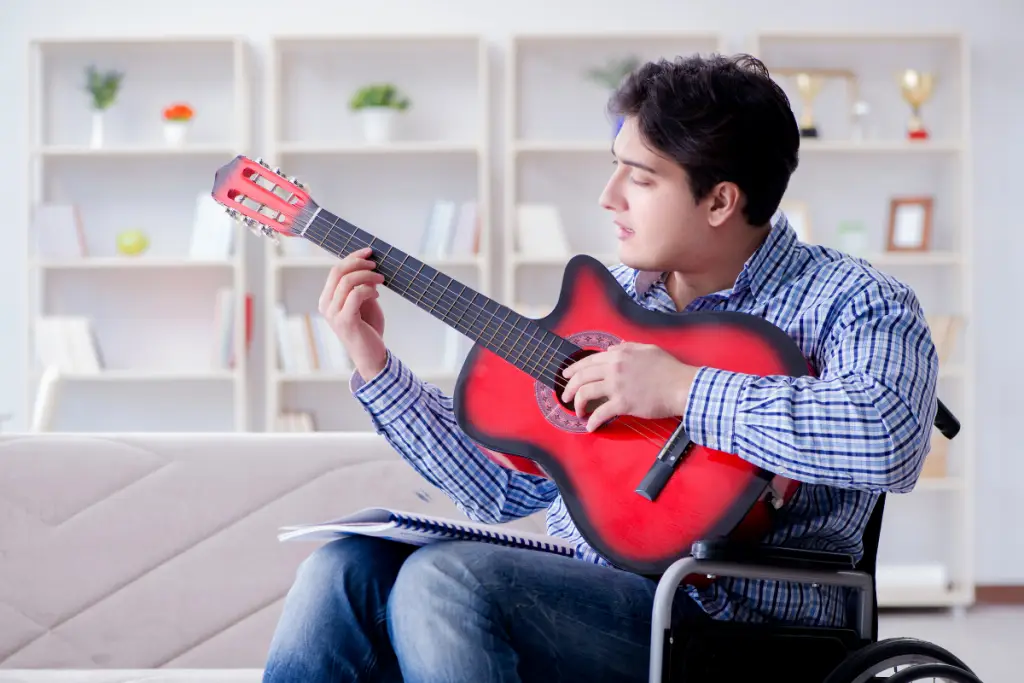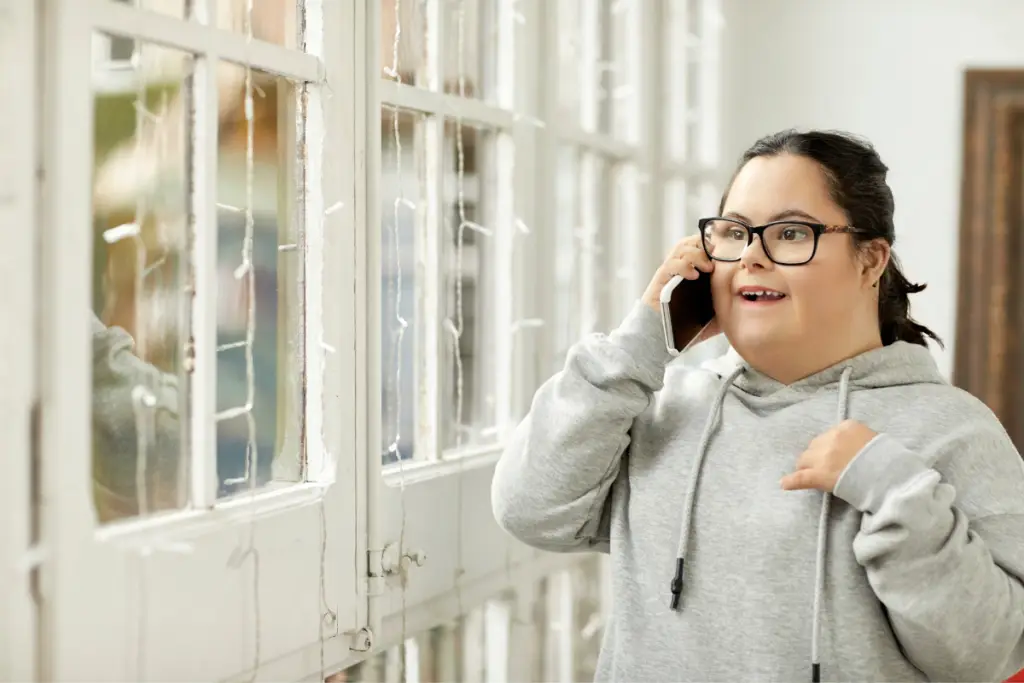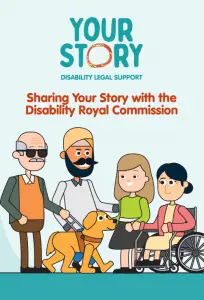
Right now, the Government is running the Disability Royal Commission (DRC). The DRC is an official inquiry into the violence, abuse, neglect, and exploitation of People with a Disability. The DRC uses research, public hearings, and people’s personal experiences to make recommendations to the government that will make society a safer and fairer place for People with Disability. If you want to share your story with the DRC, you can make a submission or apply for a private session. The DRC will hand in its report with all its recommendations to the government by September 29, 2023.
What is the DRC looking for?
The DRC wants to hear any experiences faced by People with a Disability with [su_highlight background=”#F78E1E”]violence, abuse, neglect, and exploitation. [/su_highlight]
– Violence is when someone physically hurts you
– Abuse is when someone is treating you badly
– Neglect is when someone isn’t taking care of you how they should
– Exploitation is when someone is taking advantage of you
No matter where this happened, whether it was at school, work, home, or somewhere else, the DRC is interested in hearing about it.
Submissions
A submission sounds really formal, but it doesn’t have to be. A submission can be a statement, interview, audio recording, video, song, piece of art, or anything else that tells your story. Anyone with a disability, or their families, carers, and support people can make a submission. You can keep your submission confidential if you want.
If you want to share your story but feel scared about what might happen, you can talk to Your Story Disability Legal Support. They’re a free, independent support service for those wanting to share their experiences with the DRC. They can answer any questions you have on your legal rights, confidentiality, or privacy concerns.
You can share your submission:
By post at GPO Box 1422, Brisbane Qld, 4001
By email at DRCenquiries@royalcommission.gov.au
By phone on 1800 517 199
Or online at shareyourstorysubmission.disability.royalcommission.gov.au/

Private Sessions
Another way to share your story is through a private session. These are confidential meetings with a Royal Commissioner. They can take place in person, through video meetings, or on the phone. After you apply for a private session, the private sessions team will contact you to organise when one will take place. A private session lasts about an hour or two and a counsellor will be available to support you afterward.
At the time of writing this, the DRC had received 2,886 submissions and held 482 private sessions. It’s important to remember that every story in the DRC matters. [su_highlight background=”#F78E1E”]Every story makes the message louder. Without individual stories, there is no change.[/su_highlight]
Public Hearings
A public hearing is a formal, public meeting. These meetings have people, a.k.a. witnesses, give evidence about how particular issues have affected them. If you make a submission you may be asked to be a witness at a public hearing. [su_highlight background=”#F78E1E”]You can say no if you aren’t comfortable doing this.[/su_highlight] Upcoming public hearings include:
– First Nations children with disability in out-of-home care, September 17-24
– Preventing and responding to violence, abuse, neglect and exploitation in disability services (South Australia), September 30
– The health and safety of women and girls with disability, October 13-19
Support Services
Sharing your stories with the DRC is an important part of making change, but it can also be really tough. There’s a range of services available for people involved with the DRC, such as mental health support, legal support, and individual advocacy services.
Blue Knot
1800 421 468
For free, specialist counselling support and referrals for anyone affected by the DRC
Lifeline Crisis Support
13 11 14 For 24/7
For support for when experiencing emotional distress
Your Story Disability Legal Support
1800 771 800 or through their website
For free independent legal advice for those interacting with the DRC
Disability Advocacy Finder
disabilityadvocacyfinder.dss.gov.au/disability/ndap/
To find individual advocacy support in your area

Helpful resources

Your Story Disability Legal Support has made a range of resources to help with the DRC, such as the flipbook above. Their resources include info sheets on how your privacy is protected in a private session, what to expect as a witness, and if you can name names in your submission. For their full range of info sheets, videos and posters, click here.
If you’re interested in disability advocacy support, the Department of Social Services has a range of video resources on accessing this support. You can find the range of videos here.
The DRC has created resources on the process of sharing your experiences. For the brochure form of this information, visit this page. Brochures are available in English, Arabic, Simplified and Traditional Chinese, French, Samoan, Spanish, Tagalog, and Vietnamese. There are also Easy Read and First Nations versions of the brochure available through the link above. You can also find this info in video form below.
Get involved with CYDA
CYDA stands for Children and Young People with Disability Australia. They’re the peak body for children and young people with a disability. If you have a disability CYDA gives you ways to get your voice heard about issues that impact you. They’re working hard to make sure that during the DRC, children and young people with disability have their rights upheld and voices heard. Get involved at cyda.org.au.
Stay tuned for more!
To better understand the DRC and its processes, we went to the people who would know the process best – the children and young people who have made a submission. Our interviews are still going, so check back soon or scroll down to subscribe to our enews and we’ll let you know when it’s ready.